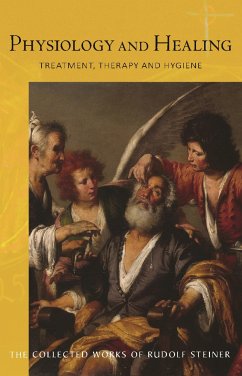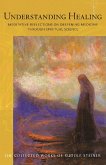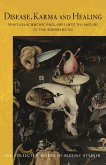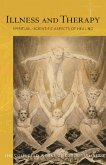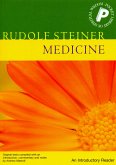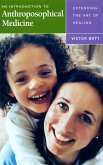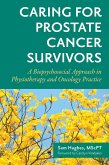Following his first major lecture course for medical practitioners, Rudolf Steiner sought to elaborate and deepen his 'extension' of the art of healing from a spiritual-scientific perspective. In this collection of addresses, discussions, question-and-answer sessions and lectures - running parallel to his major medical cycles - Steiner comments on contemporary medicine's emphasis on experimental, materially-based research and its subsequent lack of attention to therapy. Steiner's intention is not to detract from developments in medical science but to build on them with spiritual science - not quackery but a true art of medicine. The medical practitioner has an important task: diseases must be cured, and it is wrong not to intervene and simply to allow 'karma to take its course'.
Speaking to audiences ranging from members of the general public to small groups of medical professionals, Steiner offers new insights into our understanding of human organs such as the brain, kidneys and liver, as well as the efficacy of healing substances including arsenic, sulphur, arnica and essential plant oils. He studies a broad range of specific medical conditions, giving advice on cancer, hysteria, rheumatism, gout, skin eruptions, typhoid, diabetes, haemophilia, syphilis, gonorrhoea, asthma, glaucoma, leukaemia, smallpox, insomnia, and childhood diseases such as measles. His commentaries on a raft of contrasting subjects - such as psychiatry, sexual maturity, memory, poisoning and detoxification - present challenging perspectives for patients and medical practitioners. Steiner's surprisingly non-dogmatic advice on vaccination, for example, gives a refreshingly balanced, and perhaps unexpected, point of view.
This volume also includes a lecture on eurythmy therapy, a comprehensive introduction, index and notes, and nine full colour plates of Rudolf Steiner's blackboard drawings.
Dieser Download kann aus rechtlichen Gründen nur mit Rechnungsadresse in A, B, BG, CY, CZ, D, DK, EW, E, FIN, F, GR, H, IRL, I, LT, L, LR, M, NL, PL, P, R, S, SLO, SK ausgeliefert werden.

